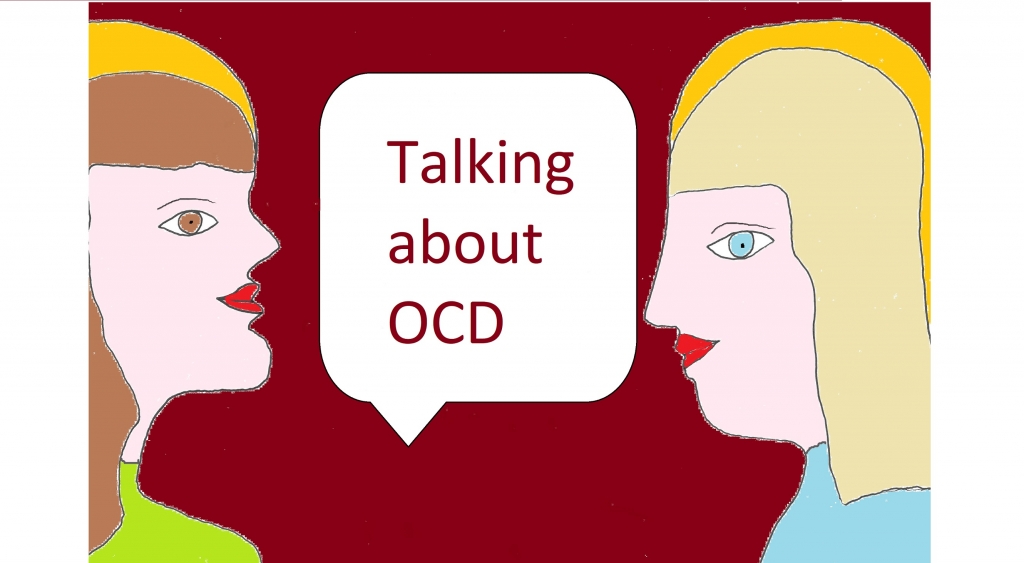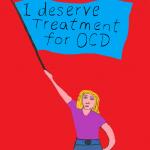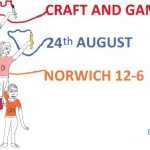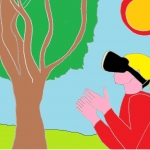Talking about OCD
February 18th 2019
I was first diagnosed with OCD in my second year of university. Even five years on, I’m hesitant to
use the word “diagnosed” – It makes me, and many others, feel like we need a signed, ratified
certificate, with a posh seal dipped in red wax and stamped into our passports for it to be official.
I think it’s that sense of being “diagnosed”, your condition having a medical title, that makes so
many people living with a mental health problem scared to talk about their emotional well-being
with a doctor. Perhaps it’s this fear that by naming it, it somehow becomes more real. I myself know
a handful of close friends who – while I add the disclaimer that I’m not a doctor, and have no
qualifications to give anyone a diagnosis – I would bet good money are living with OCD, and have
expressed their concerns about their own mental health with me, but the thought of being handed
that painful little acronym “OCD” in a formal setting by a medical professional is too much of an
intense prospect.
I can understand being told that you potentially have obsessive compulsive disorder, or any mental
health problem, is terrifying. However, I’d say that half of that fear lies in the thought that you’re
somehow obscure, outside of the normal sphere or that something is “wrong” with you.
Not true – 16 million people in the UK will experience a mental health issue at some point this year;
the mental health community is enormous, inclusive and bold. The OCD community, as a sub group
of this family, are just as numerous; we are 1.3% of the British population. We are sadly growing in
number, but happily our voices are becoming much, much louder.
I think the other half of the fear that surrounds essentially being branded with this disorder is how
your peers will or won’t understand your condition, especially as a young person. During university,
the only person I told about my OCD was my girlfriend at the time; these days, I try my best to
discuss my problems openly and be an activist in my own small way on behalf of those who are not
yet in a position to do the same. Being open about your daily personal battles doesn’t happen
overnight, it takes time. Even when I spent a year working with a theatre company creating art
based around mental health, self-harm and self-worth, I was still a world away from sharing, letting
alone flying the flag for, my OCD.
At the same time, by giving something a name, you take away it’s power. I’ve only been openly
talking about OCD with my friends, family, colleagues and anyone in the Twitter-sphere who will
listen for around six or seven months now, and yet the impact has been tremendous. After openly
explaining my situation to my line manager at work, a colleague had the confidence to tell me about
their own OCD diagnosis, something that they were yet to freely talk about with anyone else. After
explaining to my parents what the disorder was, what it means and how it effects me, my father in
turn discussed it with a colleague, who then contacted me because their son is living with OCD, and
had had very little – if any – interaction with other sufferers of his age.
We can all help remove the stigma which surrounds this and related disorders, to help raise
awareness about obsessive compulsive and even fundraise to enable this work to continue in small,
simple ways. You don’t have to run a marathon, become an activist or scream your agenda from the
rooftops, however as we start this year’s Week of Action from Monday 18th February, I encourage
everyone to take the smallest step in simply talking about your own difficulties. It will honestly
make a much bigger impact than you might believe.







